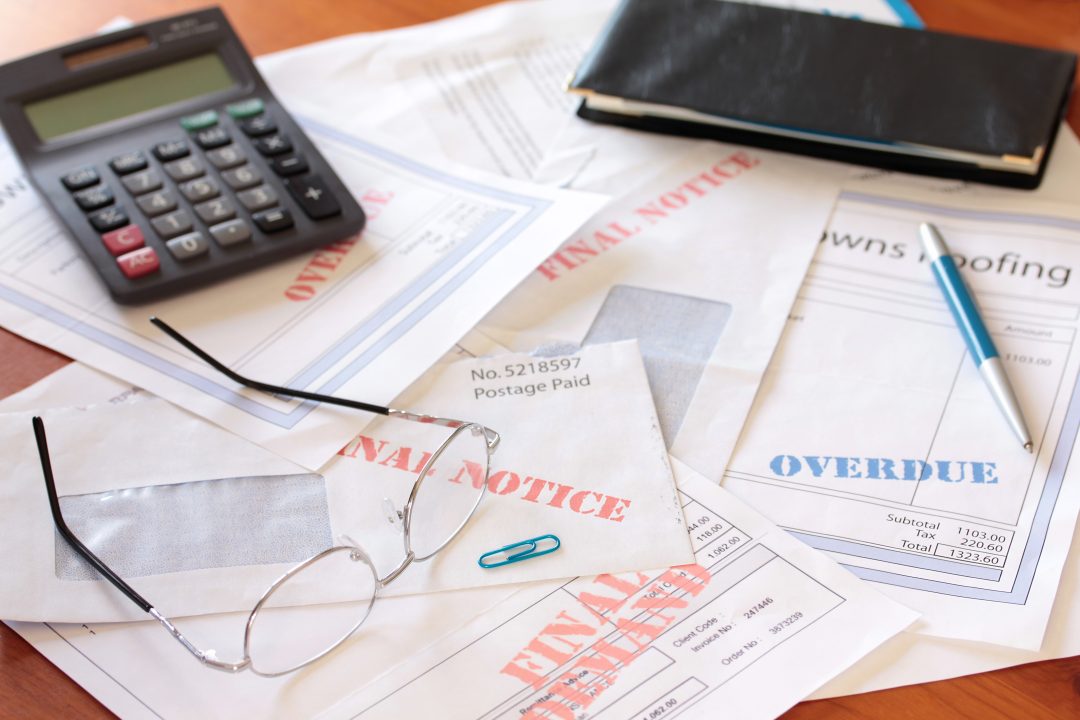Australia’s insolvency regulations are designed to make it easier to manage your financial difficulties.
If you’re struggling to repay your debts, there are a number of options available that can help you find relief from creditors.
Among those options is bankruptcy. While declaring bankruptcy is a serious decision, it also comes with several major benefits for individuals who are insolvent. Declaring bankruptcy pros and cons ultimately comes down to your situation and whether it will help improve your financial position.
What Is Bankruptcy?
Bankruptcy is a legal process that’s designed to resolve personal insolvency issues. During bankruptcy, a person is legally declared unable to pay their debts.
This prevents creditors from harassing you, frees you from most debts and allows you to start life afresh.
You can enter into Voluntary Bankruptcy on your own, or a creditor can apply to the Court to make you bankrupt. In either case, a Registered Trustee will be appointed to oversee the process. The Trustee will investigate your debts, assets and finances. Depending on your situation, the Trustee may sell some (or all) of your assets to repay your creditors. This process typically lasts for 3 years and 1 day, after which you’ll be free to get back to life as normal.
The Pros of Declaring Bankruptcy
Bankruptcy is designed to help individuals find relief from their debts. As long as you are an Australian resident and are unable to repay your debts, you can apply to the Australian Financial Security Authority (AFSA) to declare bankruptcy. Declaring bankruptcy comes with a range of benefits:
- Bankruptcy frees you from most debts. If you’re unable to pay your creditors, bankruptcy will free you from most unsecured debts. Bankruptcy covers a wide range of debts, including credit cards, personal loans, utility bills, medical fees and more.
- Find relief from creditors. As soon as your Trustee is appointed, they take over all communications with creditors, and creditors will be prevented from commencing new legal proceedings against you.
- You can keep tools and some assets. To protect your income and help you get around, you’ll be allowed to keep tools of the trade up to $3,950, and vehicles up to $8,550 in value.
- There is no minimum amount to declare bankruptcy. Declaring bankruptcy only requires that you are unable to pay your debts and are a resident of Australia. There are no lodgement fees and no minimum debt or income thresholds.
- Superannuation is protected. Your superannuation balance is protected, as is any superannuation you withdraw or accrue during bankruptcy.
The Cons of Declaring Bankruptcy
Entering into bankruptcy carries serious, ongoing consequences. While it’s a highly effective tool for reclaiming control of your finances, bankruptcy does come with several disadvantages:
- Some types of debts will remain. While bankruptcy can free you from most debts, HECS debt, child support payments, toll fines and court imposed fines will not be forgiven.
- Your Trustee may sell your assets. Trustees are authorised to sell assets such as cars, shares and property. The Trustee may also be able to recover transactions made prior to your bankruptcy if they think the transaction was designed to defeat bankruptcy proceedings.
- Bankruptcy affects your credit file. You’re required to inform credit providers of your bankruptcy when you apply for credit over a set amount (currently $6,501). Credit agencies will also keep your bankruptcy details on file for 5 years from the date of bankruptcy, or 2 years from the end of your bankruptcy, whichever is later. This can seriously affect your ability to obtain new credit.
- Your income may be affected. High income earners may be required to make payments towards their debt during bankruptcy. Contributions are calculated based on reasonable and moderate living expenses, so they won’t affect your ability to afford everyday life.
- Your name will be recorded on a public register. Your details will be recorded on the National Personal Insolvency Index (NPII) forever. The NPII is publicly searchable, so people such as creditors and business partners will be able to find out whether you have ever been bankrupt.
- Overseas travel is restricted during bankruptcy. During your bankruptcy you’ll only be allowed to travel overseas with written permission from your Trustee.
Unsure if Bankruptcy Is the Right Choice for You? Contact Business Savers!
Declaring bankruptcy comes with serious consequences. It’s a good solution to serious personal insolvency issues, but you should always seek professional advice before lodging an application.
If you’d like to discuss your situation and get help with bankruptcy, talk to the team at Business Savers. Our insolvency specialists help individuals and businesses navigate financial difficulties and work towards a long-term solution that benefits everybody involved.
To find out whether bankruptcy is the right choice for you, contact us to book a confidential consultation.


Recent Comments